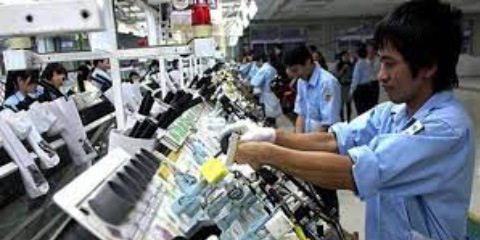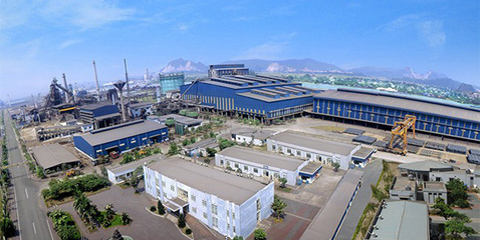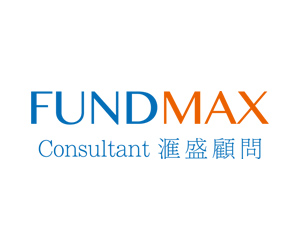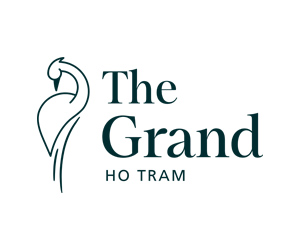Want to be in the loop?
subscribe to
our notification
Business News
VIETNAM’S ECONOMIC GROWTH REBOUNDS TO 2.62% IN Q3 FROM 0.39% IN Q2
After a record slowdown in the second quarter of 2020 when the Vietnamese economy only grew by 0.39% year-on-year, growth rebounded to 2.62% in the third quarter as the Covid-19 pandemic appeared well under control, according to the World Bank’s Vietnam Macro Monitoring report.
Overall, the economy expanded by 2.1% from January to September, which was much lower than the 7% growth rate during the same period last year. However, this was still a remarkable performance in the context of the Covid-19 pandemic.
Industry expanded by 3.08% between January and September, followed by agriculture with 1.84% and services with 1.37%. The biggest drop was seen in services as tourism and transport have been the most severely hit by Covid-19. The number of foreign tourists declined by 70% in nine months compared with the same period last year.
Manufacturing and retail sales continued to register lower rates of growth than during the pre-pandemic period, but both expanded faster in September than in August. The industrial production index grew by 4.8% year-on-year in September, up from 2.1% recorded in August.
The growth of retail sales of goods and services rebounded to 2.2% month-on-month in September and grew by 5.3% year-on-year. The retail sale of goods has been the main driver of growth in this subsector. Travel and tourism are picking up again domestically.
Unemployment rose significantly in response to the April lockdown. Urban workers were the most affected as they were more exposed to mobility measures and restrictions. While conditions have gradually improved in recent months, the recovery of the labor market is still in progress.
Vietnam’s trade surplus reached US$16.8 billion from January to September, bolstered by a US$2.8 billion surplus in September.
Trade, by partner, varied significantly in nine months, as exports to the United States and China increased but shipments to the EU fell slightly. Similarly, imports from China grew by 2.7% but decreased from all other main partners.
Foreign direct investment (FDI) recovered in September to some US$1.65 billion, compared to the August low of US$720 million. From January to September, the total FDI commitments were down by some 19% compared to the same period in 2019.
The September Consumer Price Index remained flat compared to July and August 2020, reflecting short term stability in the prices of food, energy and transport. It was up 3% compared to September 2019, driven mostly by the higher prices of food and catering services.
The total State budget revenue declined by 11.5% from January-September compared to the same period in 2019. Concurrently, State investment expenditure increased by 40.1% year-on-year. This was partly due to a notable improvement in disbursement, accounting for 57.2% as of September.
According to the World Bank, economic recovery appears to be firming up and becoming more broad based, suggesting that the gross domestic growth rate could reach 2.5-3.0% in 2020. “Because of uncertainties in both the domestic and international contexts, greater attention should be paid to mitigating the risks facing public finance and the financial sector,” the bank suggested.
Source: The Saigon Times
Related News

CUSTOMS BUDGET REVENUE EXPERIENCES 3% DECLINE IN Q1
Vietnam’s import and export value reached a total of US$145.59 billion in the first quarter (Q1) of 2024, marking a year-on-year growth of 18.2%. However, the customs budget revenue saw a 3% year-on-year decline, amounting to VND71,520 billion in the quarter, thereby achieving 19.1% of the full-year target.

RAPID LAW IMPLEMENTATION MAY PROPEL MARKET FORTUNES
“Investors and developers are looking forward to the implementation of the new law, which will remove obstacles for a range of projects that are struggling due to stalled procedures and lack of legality. For them, the earlier the better,” he said.

NATION URGED TO BUILD ON ECO-IP MODEL
Industrial parks (IPs) involved in an initiative that aims to help push them into the realm of being classed as eco-parks have seen improvements across a string of indicators, according to a review event in Ho Chi Minh City last week.

YEN LU INDUSTRIAL PARK: NEW DESTINATION FOR INVESTORS
Bac Giang is a destination chosen by many domestic and foreign investors thanks to its locational advantages and its most opening and favorable investment policies. Assisted by local authorities, Capella Land Joint Stock Company has effectively invested in industrial zones, especially Yen Lu Industrial Park - a new destination for investors, to contribute to the province’s success in investment attraction.

OPTIMIZING LEGAL AND REGULATORY FRAMEWORKS FOR EFFICIENT PUBLIC INVESTMENT DISBURSEMENT
According to the Ministry of Planning and Investment, a 1% increase in public investment raises GDP by 0.058%, and each VND1 disbursed stimulates an extra VND1.61 from the non-state sector. However, plan implementation often falls short at around 80% annually, despite government efforts.

NATION URGED TO BUILD ON ECO-IP MODEL
For the 2020-2024 project, three IPs were selected for the transformation including Deep C Industrial Zones in the northern city of Haiphong, AMATA City Bien Hoa in the southern province of Dong Nai, and Hiep Phuoc IP in Ho Chi Minh City. Over the last four years, the level of compliance with the international framework on eco-IPs for all pilot complexes has increased in terms of environment, economy, and management.
































